Why social class fails in the Virgin Islands
Now, this Old Boy did not realise that a story on social class in the Virgin Islands would generate great interest. He has received much feedback from some of the general public on his story on social class. Most of the feedback disagrees with his notion that social class is a back burner matter in paradise.
The issue of social class is one of a pot of water on a hot stove with the lid tightly shut, but with a vent allowing the steam to escape. Without the vent the pot would boil over; or worse still, explode.
One prominent friend told Yours Truly that there has always been a distinction between town folk and country folk in the Virgin Islands. The latter are considered a type of peasant class. The former are the sophisticated folk who possess the finer qualities so to speak. Then, family name, he stated, carried great weight in the Virgin Islands. In fact, with the right surname he said, myriad doors opened up, and even greater opportunities existed in terms of that all- important educational opportunity, or boot through the employment door.
In Trinidad and Tobago, Nevis and St Kitts, Barbados, and Jamaica, post-independence, in the tumultuous 1950s, the light skinned Creole became a key component of the ruling class. This social stratification based on possession of Caucasian features exists till this day in some form. However, it has fortunately been superseded by education and economics as key factors in social advancement.
Social class in a fragile economy, such as the Virgin Islands possesses, will not leave the lasting and enduring culture that social class in a country such as the USA does. This is because the US possesses a multi trillion dollar economy that has built billion dollar dynasties that ensure wealth can be passed down the line to even the dumbest and most ignorant heirs and heiresses.
In the UK, the class system probably started at the dawn of the Barbarian invasion of Ancient Rome and the rise of Charlemagne. Those who could trace their ancestry to the great early medieval King, for centuries, have been considered the aristocratic upper class: the blue blooded.
For hundreds and hundreds of years, social class in the British Empire, and elsewhere in Europe, even Pre Bolshevik Russia, was based on land ownership, and links to a European Royalty that was set in concrete.
The Duke, Duchess, Earl, Marquis, and Baron were the pillars of a ruling class who owed their allegiances to a King and Queen, Supreme Prince, Arch Duke, and Ruling Emperor of some kingdom, medieval city state, or forested landmass, that was inhabited by a mostly peasant population.
That class system continues to this day in one form or another, although it has become integrated into the modern economy and the social subsets that emanate from modern technological society.
OK, social class in these Virgin Islands, when compared with the UK model, and the US wealth based class prototype, will be very hard to establish. There are number of factors that make social class difficult to define and establish in this country.
First, the country is made up of a number of very large families that are connected to one another by blood ties, making these ties more important than social ties of a non-filial nature. These families originated in a Virgin Islands that was rural and agrarian. They own substantial land holdings but are not necessarily wealthy.
The more sophisticated town folk also came from a simpler time and heritage where boat building and trade with neighbouring islands brought wealth and prosperity.
Another factor is that the Virgin Islands economy is not resilient. Social class is maintained through the ability to keep certain families in wealth and power over a long period of time through a natural economic order that is self supporting and independent of specific variables such as a global economic downturn, natural or manmade disaster, and political patronage.
That type of social and economic order does not exist in the Virgin Islands. Consequently, the ability to pass great wealth down the line is not as robust, enduring, and sure, as in societies where that type of natural economic order exists.
There is another factor in Virgin Islands society that negates social class. The country is ultimately ruled by a powerful Head of State: The Governor, who is customarily extremely reluctant to exercise his or her enormous powers. The Governor traditionally reaches out to all the various groups in the community. He does not cocoon himself with any one social group, or other. This negates the establishment of a social class nurtured by His Office.
Power is consequently devolved. It rests in the hands of the Premier who manages the ruling political party. The ruling party owes its power to the native population who call the shots every four years at election time. Below the ruling party are a number of prominent families who tend to be large in number and who own substantial land holdings. Some of these families possess substantial wealth.
This demographic is in some way comparable to the British landowning aristocracy. However, the hold on this land and wealth by the native Virgin Islander and is tenuous. This owes to the fact that the institutions that protect the wealthy and powerful, such as exist in the UK and US, are not as strong in the Virgin Islands, or in any developing economy for that matter.
The powers that be politically tend to come from these large and prominent families. However, in very recent times, there has been a more meritocratic dynamic with a number of political leaders coming from outside these prominent families.
The preceding power structure explains why any attempts to establish class stratification outside these clear realities of Virgin Islands society are headed for failure.
The Virgin Islands possesses a great equaliser that has been passionately pursued by the local population with great effort and energy. And that is a beast that has the power to demolish any attempt to establish a social class based order. Accessible quality education is an equitable opportunity that will benefit every Virgin Islander and Belonger notwithstanding family name.
As the world becomes more technological, only the best in the vocations and academics will conquer. In a developing country such as this one, there is a limit to what inherited wealth will provide. In the new digitally driven order of today, the students with the best skills, and the most creative and innovative mindsets will thrive.
Meritocracy driven by information technology is the new global social order. It will ultimately be the graveyard of the old British type social class model.
Connect with Dickson Igwe on Facebook and Twitter
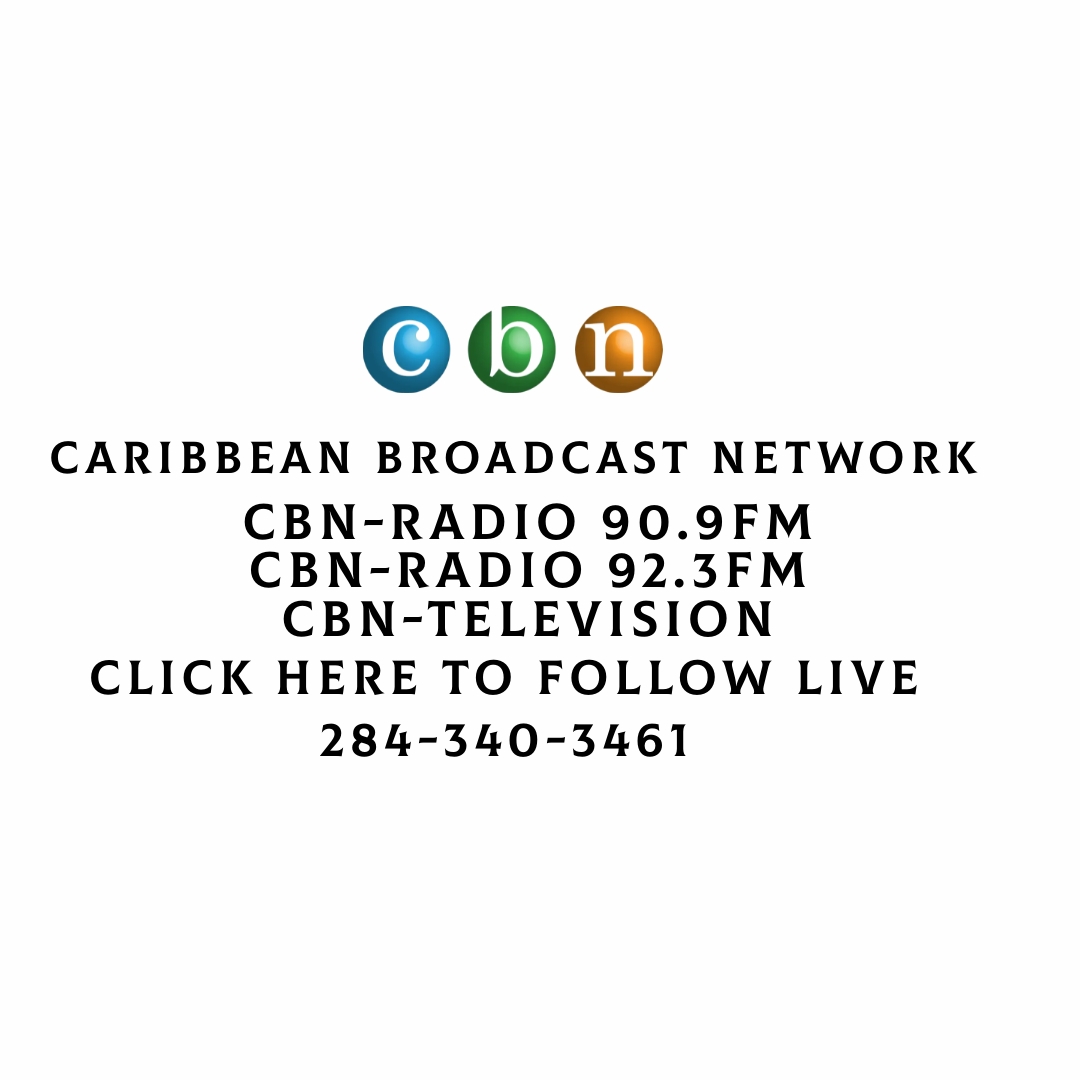





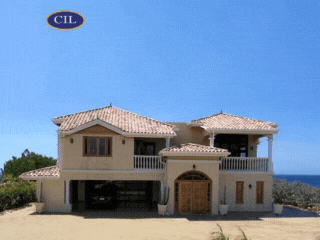

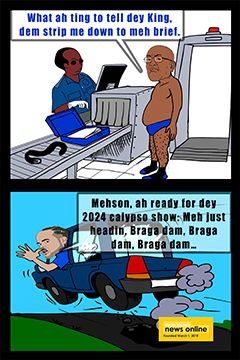

.png)
.png)



.png)



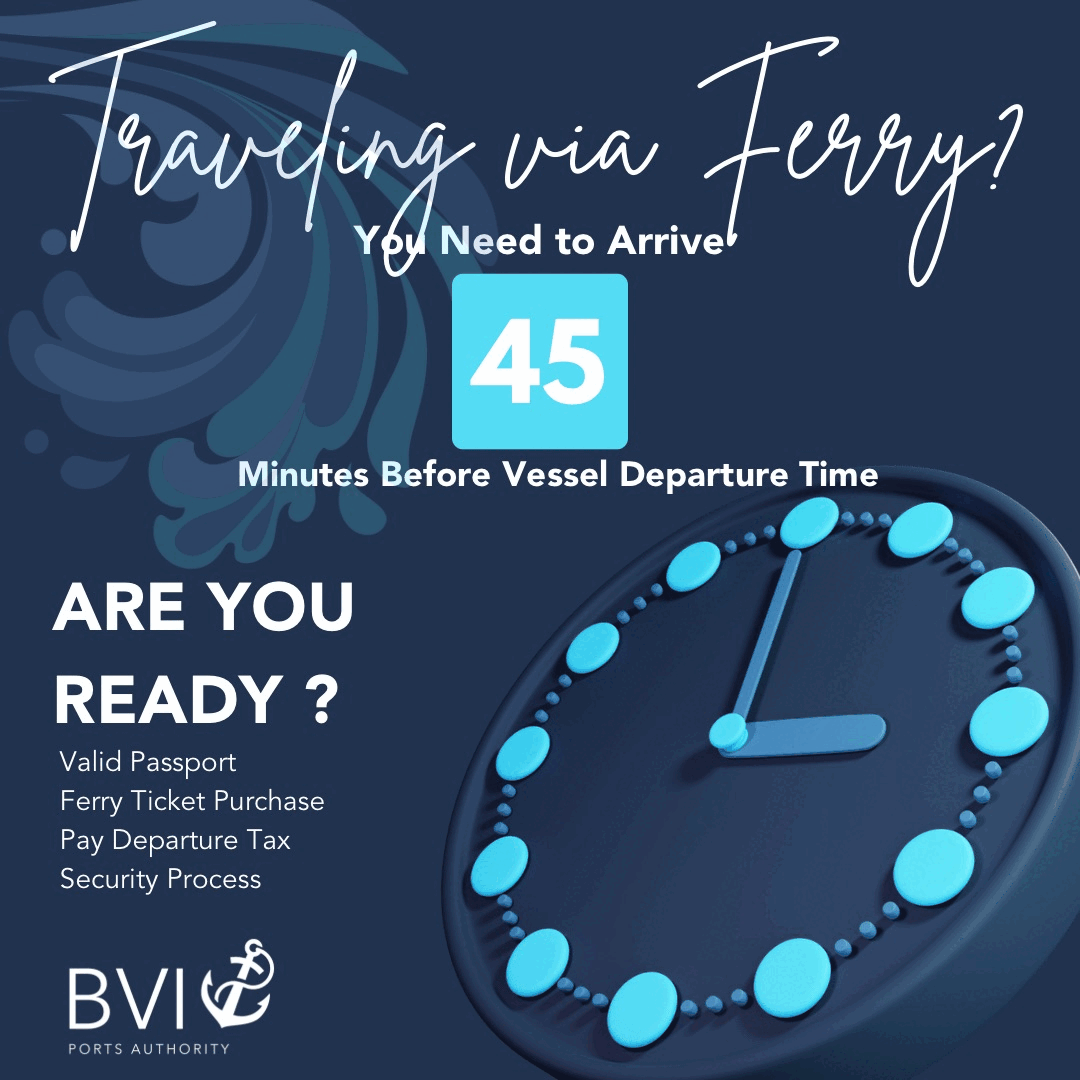






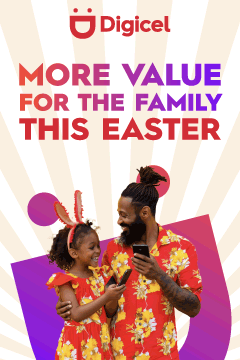











5 Responses to “Why social class fails in the Virgin Islands”
It was also accepted that it was okay for one race to exploit another for the former's economic benefit. Slaves were conditioned to believed that their exploitation and inferiority complex was for their personal well being. Nonsense!
Fast forwarding, many brave, decent and enlightened men and women fought valiantly to bring about physical freedom for enslaved persons of African descent. On 01 August 1834, Emancipation occurred. Our foreparents were freed from physical slavery. Freedom rained with jubilation in Road Town and other places. Thus, the birth of August Monday celebration on the first Monday in August.
Physical slavery in the rear view mirror, the VI community/society started the transition more or less from race to social stratification. Socrates, a blogger/ commenter on last week's commentary listed the social statuses as: White, Up Street, Down Street, Country, Larger Outlying Islands( VG, Anegada), Key People(smaller outlying islands, i.e., Cooper Island, Salt Island, Peter Island), and Island People(no diss intended). Concur with that listing.
This list may bring some discomfort to some of us. But we cannot pretend that it was not real. It was. To last week's commentary, I blogged that I was a proud plank owner of the Key People grouping. Born into it, lived it and experienced it. Could list my own personal negative experiences but I will leave that. It is time to seize the time.
Social status rule the day. It determine who got what job, who attended secondary school, who got scholarships to UWI and other universities, who got teased at the play ground, at school, who could play on sports teams........etc. Has social stratification evaporated? No. And we should not pretend that it did. Though education, economics, immigration .......etc may have reduced the number of social groups but social stratification is still around. It cannot be deleted by hope, explanation.......etc. If it were to disappear, it will take time, behavioral change, proactive action.......etc.
Moreover, the BVI small size does not immune it from the embracing social stratification as it exist in developed countries. It may not be on the scale as it is in developed countries, i.e. UK and US, but it will exist. It is human nature. Size of the economy does not prevent it. What social statuses currently exist in the VI?